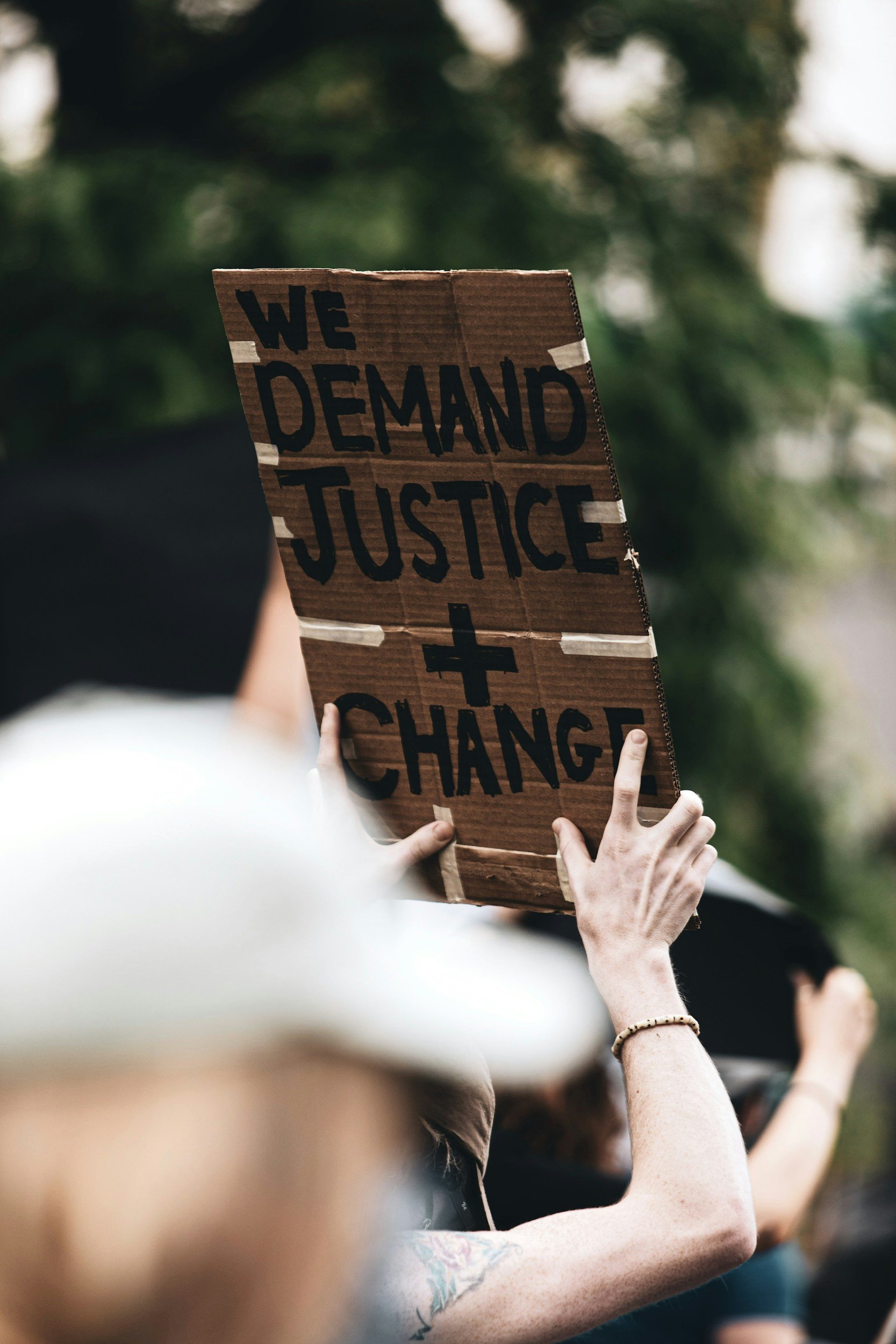
History of YPAR is rooted in social justice and change
Youth Participatory Action Research (YPAR) is a research methodology and educational practice rooted in the belief that young people have the right—and the power—to investigate and transform the conditions that affect their lives. YPAR combines critical inquiry, youth development, and collective action, engaging students as co-researchers rather than subjects of study.
The roots of YPAR trace back to global movements for social justice and community-based research, particularly Participatory Action Research (PAR), which was popularized in the Global South by thinkers like Orlando Fals-Borda and Paulo Freire. Freire’s Pedagogy of the Oppressed (1970) called for education that is dialogic, liberatory, and grounded in the lived realities of marginalized communities. These ideas deeply shaped the foundations of YPAR, emphasizing critical consciousness (conscientização), collective reflection, and transformation through action.
In the United States, YPAR began gaining traction in the late 1990s and early 2000s as educators, community organizers, and researchers sought ways to make research more democratic and schools more equitable. Scholars such as Michelle Fine, Julio Cammarota, Shirley Steinberg, John Rogers, and Ben Kirshner helped develop and document YPAR initiatives across urban schools and community organizations, particularly with Black, Latinx, Indigenous, and immigrant youth. These early projects demonstrated that when young people conduct research on issues like racial profiling, school pushout, and access to college, they not only produce powerful evidence but also gain skills in critical thinking, communication, and civic engagement (Cammarota & Fine, 2008; Kirshner, 2010).
YPAR has since expanded globally and across disciplines, and is now used in schools, youth organizations, public health initiatives, and policy advocacy. It remains a liberatory methodology that challenges adultism, redefines expertise, and insists that young people are not just the future—they are active creators of knowledge and change in the present.
Key References:
Cammarota, J., & Fine, M. (2008). Revolutionizing education: Youth participatory action research in motion. Routledge.
Freire, P. (1970). Pedagogy of the oppressed. Herder and Herder.
Kirshner, B. (2010). Productive tensions in youth participatory action research. Yearbook of the National Society for the Study of Education, 109(1), 238–251.
Fals-Borda, O. (1987). The application of participatory action research in Latin America. International Sociology, 2(4), 329–347.
Ozer, E. J., & Douglas, L. (2013). The impact of participatory research on urban teens: An experimental evaluation. American Journal of Community Psychology, 51(1-2), 66–75.
